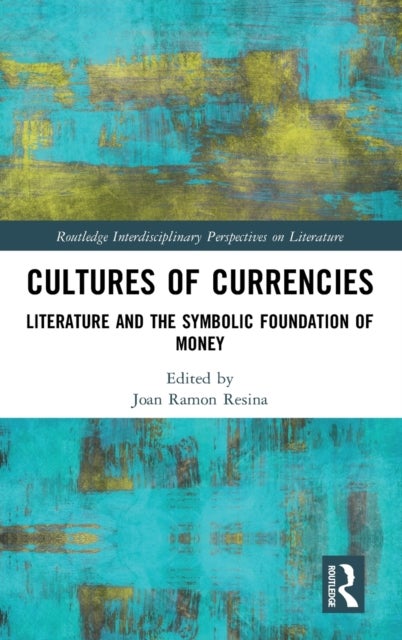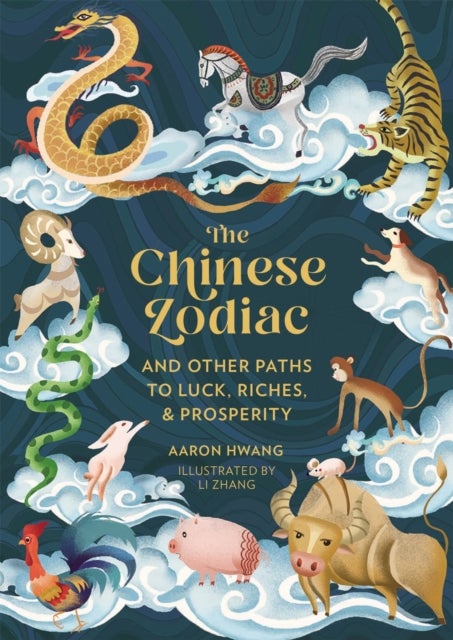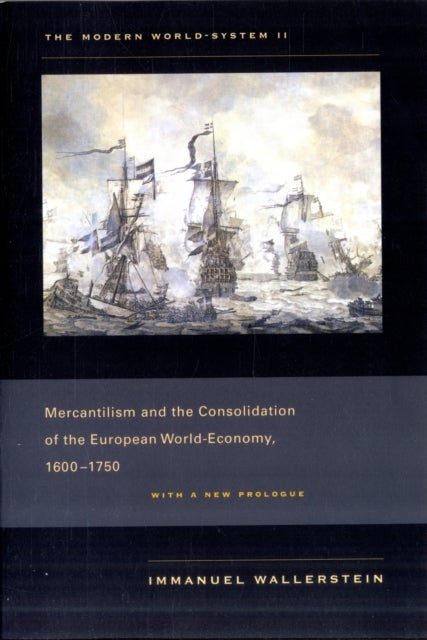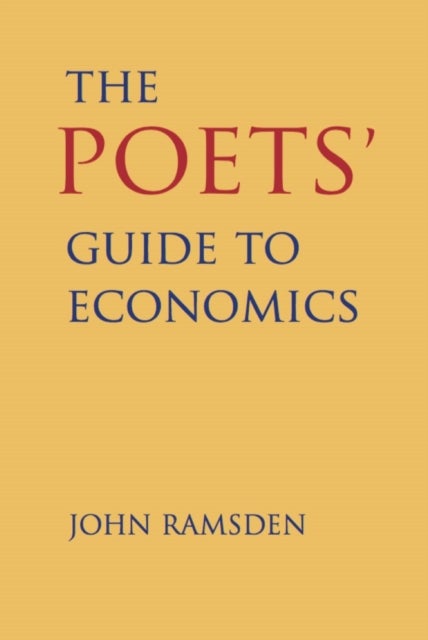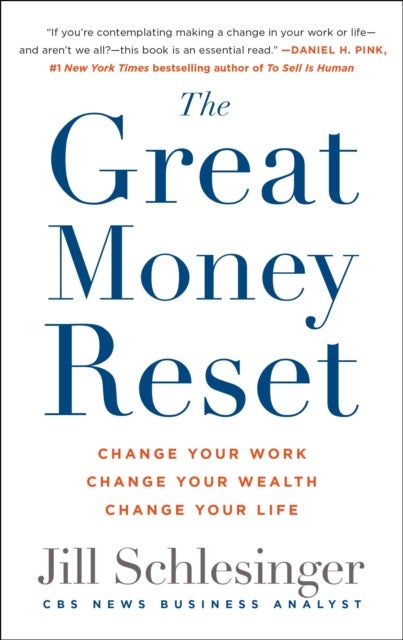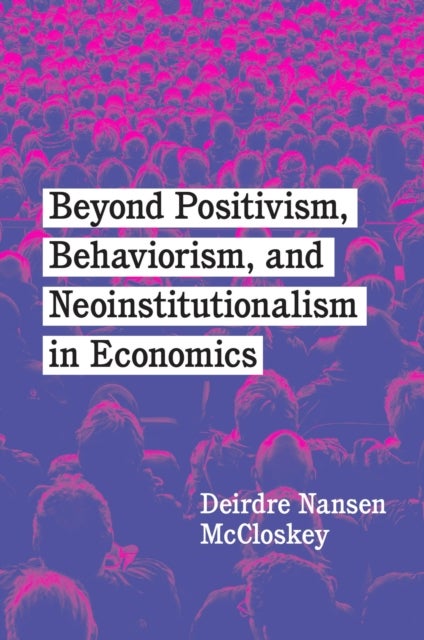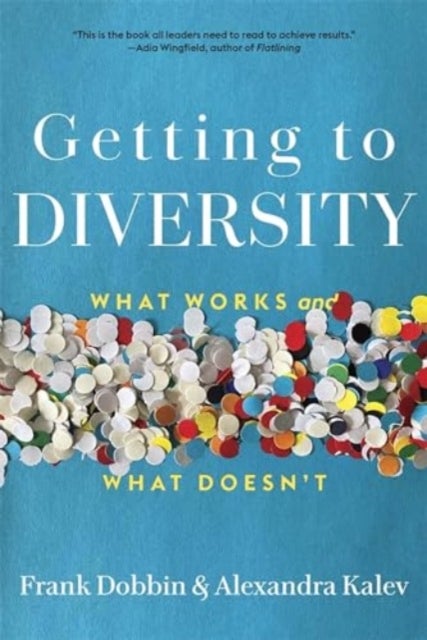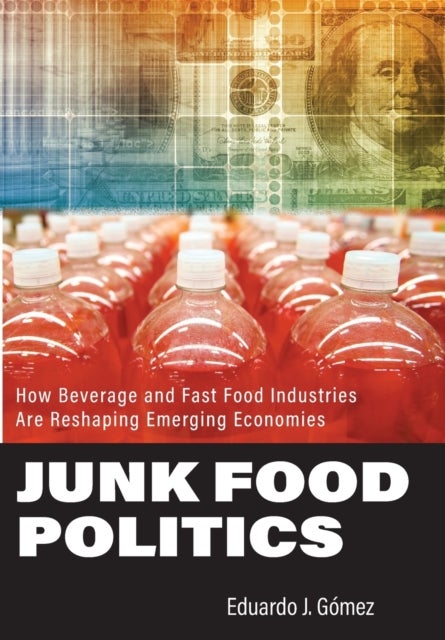
Junk Food Politics av Eduardo J. (Lehigh University) Gomez
495,-
<p><b>Why do sugary beverage and fast food industries thrive in the emerging world?</b></p><p>An interesting public health paradox has emerged in some developing nations. Despite government commitment to eradicating noncommunicable diseases and innovative prevention programs aimed at reducing obesity and type 2 diabetes, sugary beverage and fast food industries are thriving. But political leaders in countries such as Mexico, Brazil, India, China, and Indonesia are reluctant to introduce policies regulating the marketing and sale of their products, particularly among vulnerable groups like children and the poor. Why?</p><p>In <i>Junk Food Politics</i>, Eduardo J. G¿mez argues that the challenge lies with the strategic politics of junk food industries in these countries. Industry leaders have succeeded in creating supportive political coalitions by, ironically, partnering with governments to promote soda taxes, food labeling, and initiatives focused on public awareness and exercise while


